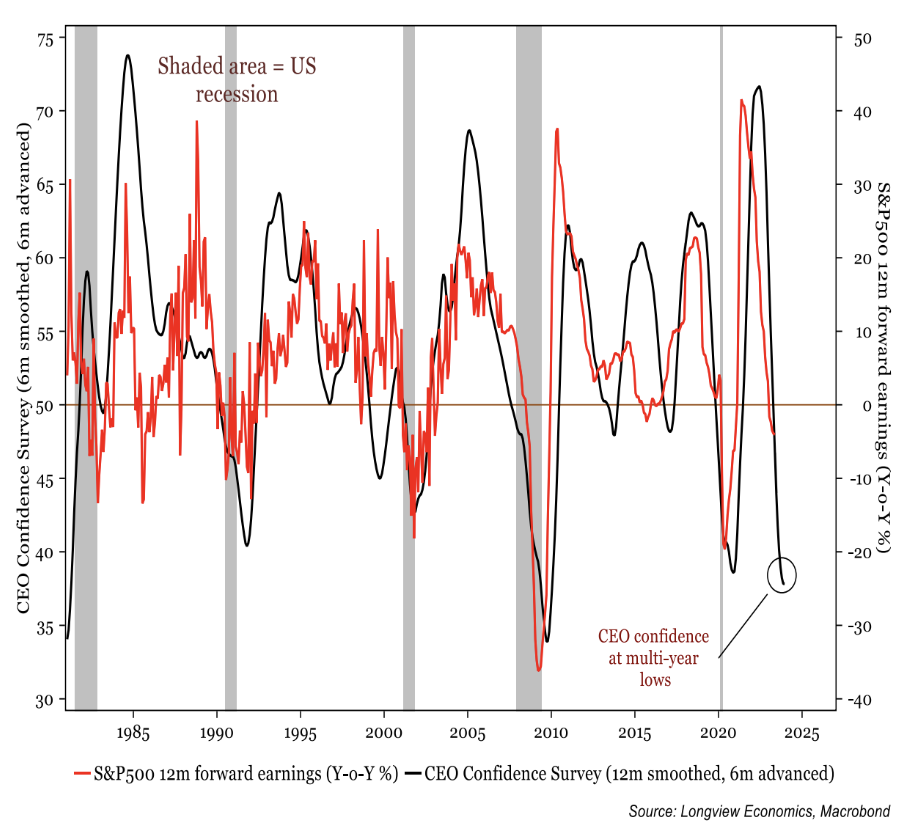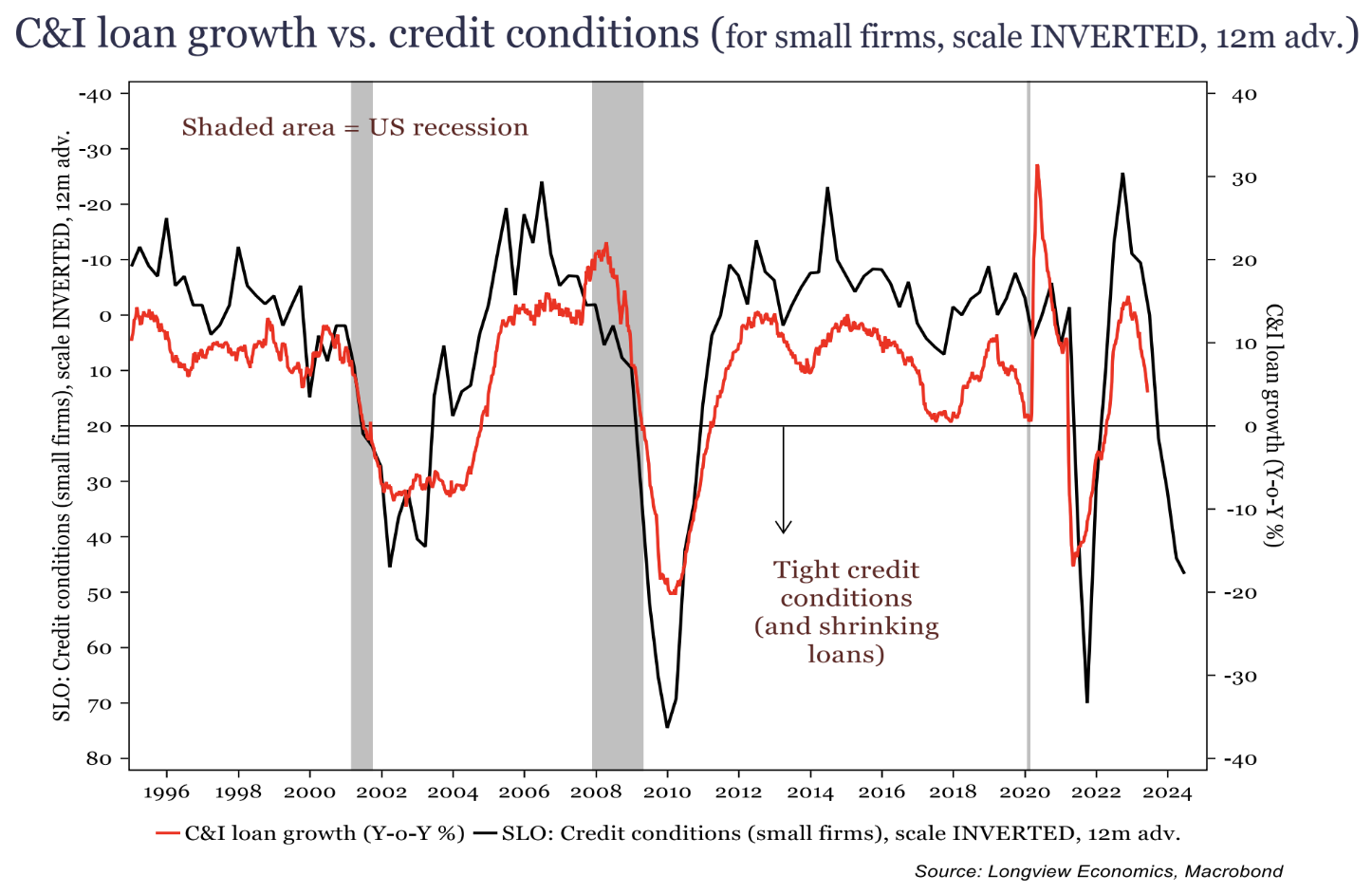Why the next 3 months could dictate everything in markets
If there is one word that could summarise the collection of financial market outlooks that have been released so far, it's "uncertainty". As cop-out as that might seem, professional investors really cannot agree on where financial markets will track in the second half of this year.
On the one hand, Morningstar suggests you can still build a winning portfolio in equities if you know where to look. At the other end of the spectrum, Longview Economics predicts the next 3 months in particular will be tough for equity markets with a much larger drop not improbable in the medium term. And in the middle, Barclays analysts have completely thrown out both equities and bonds, arguing the best trade may just be to stay in cash.
In this wire, I'll canvas these contrasting views on where financial markets are heading for the rest of 2023.
Morningstar Asia-Pacific CIO Matt Wacher
When I asked how Wacher felt about markets, his first line completely summed up how many feel in financial markets.
"There are a number of scenarios that multi-asset investors need to be prepared for, none are a certainty," Wacher said.
A 30-year veteran of financial markets, Wacher says Morningstar's portfolios have more bond exposure now than at any time in recent memory. But he also says that you can make plenty of money in different areas of the global equity universe - even in cyclicals.
"We’d favour building a robust portfolio with different drivers that can provide multiple avenues to win. There are pockets of equities markets that look quite attractive, but you do need to look below the surface," he added.
He noted that some of the team's best (global) ideas include:
- US financials
- Chinese equities, particularly technology names
- Korean and Brazilian stocks (emerging market plays)
- Some communication services companies
"All of these areas are currently priced for poor outcomes and we don’t think much has to go right for them to do well," he noted while simultaneously arguing that US big tech stocks are simply too expensive and priced for near-perfection. Companies like Meta (NASDAQ: META) and Alphabet (NASDAQ: GOOGL) may particularly suffer if ad spending falls.
But as bullish as this all sounds, Wacher is still holding bonds in case a recession turns out to be worse than it's being predicted to be.
"We have significantly more duration in our portfolios than we have for a number of years because despite the potential for sticky inflation, we believe bonds can again deliver in a recessionary scenario," he said.
Barclays' Global Chairman of Research Ajay Rajadhyaksha
US money market funds now pay 5% and some term deposits in Australia are fetching 5.5% (with more on the way if the RBA keeps hiking rates). That's led the Barclays team to this question: why not just keep your money in cash?
"Neither stocks nor bonds seem compelling at current valuations, especially with cash yielding 5% in the US. We expect both markets to be range-bound in Q3," analysts led by Rajadhyaksha wrote last week.
The Barclays base case is for a mild recession in the US and none at all in Europe.
"This is not a macro outlook that favours bonds," they said. "While markets have priced out cuts from 2023, they are still understating the risk of further hikes and, more importantly, remain too pessimistic in pricing in about 150bps of rate cuts next year."
They argue that both bonds and equities are "richly priced". But while things are expensive at the headline level, they are offering a few thematic trades:
- US: Overweight materials, tech, consumer staples and underweight industrials, utilities, and real estate. Small caps over large caps.
- More tightening will come from central banks, meaning shorter-duration bond yields (2 years and less) will be higher for longer.
- For those who play in the corporate bond markets, quality and defence are essential
- Oil prices will remain under US$90/bbl for the rest of 2023
"In this tug of war, global equities have clearly picked a side - they are not worried about higher rates as long as the economy holds firm," analysts added.
Longview Economics Senior Market Strategist Harry Colvin
Colvin's view of the market is far less constructive than the other two views which have been detailed so far. Colvin and the Longview team argue the next three months will provide a taste of what's to come - a prolonged downturn in most equity markets.
At the consumer level, Colvin is focussed on the stress that is percolating among US consumers. Although job creation is still strong and the unemployment rate is very low, consumer confidence is at recessionary levels in many economies (including Australia, China, and others).
He notes that consumer confidence and yield curve inversions have a strong correlation - suggesting that a decline in household wealth as well as confidence would combine to create a tough economic environment.
CEO confidence is also at multi-year lows, and this has traditionally been followed by a contraction in forward earnings.

His other main reason is around liquidity. As is with cycles in the past, tighter credit conditions for households and businesses can weigh on economic activity, bank lending, and companies' ability to raise capital or generate earnings.
To illustrate this point, Colvin supplied a chart around credit conditions in America's small businesses. The chart - although messy - demonstrates a clear drop-off in lending activity. Traditionally, the drop-off in lending activity has been a forward indicator for further falls in risk assets like equities.

All this plus the risk of a second, larger mistake from central banks (overcooking interest rate hikes) is flashing some serious warning signals on Longview's recession indicator.
But he is bullish on one market - and it's not where you think it is. He argues that the recent interest rate cuts coupled with an uptick in social financing data out of China makes its equity market reasonably appealing. This, plus attractive corporate valuations, are reasons why Chinese stocks may make a better trade over the next two years than US equities.
For another view (yet) on these markets, you can read this wire from Oreana's Isaac Poole:

1 topic
2 stocks mentioned
2 contributors mentioned

